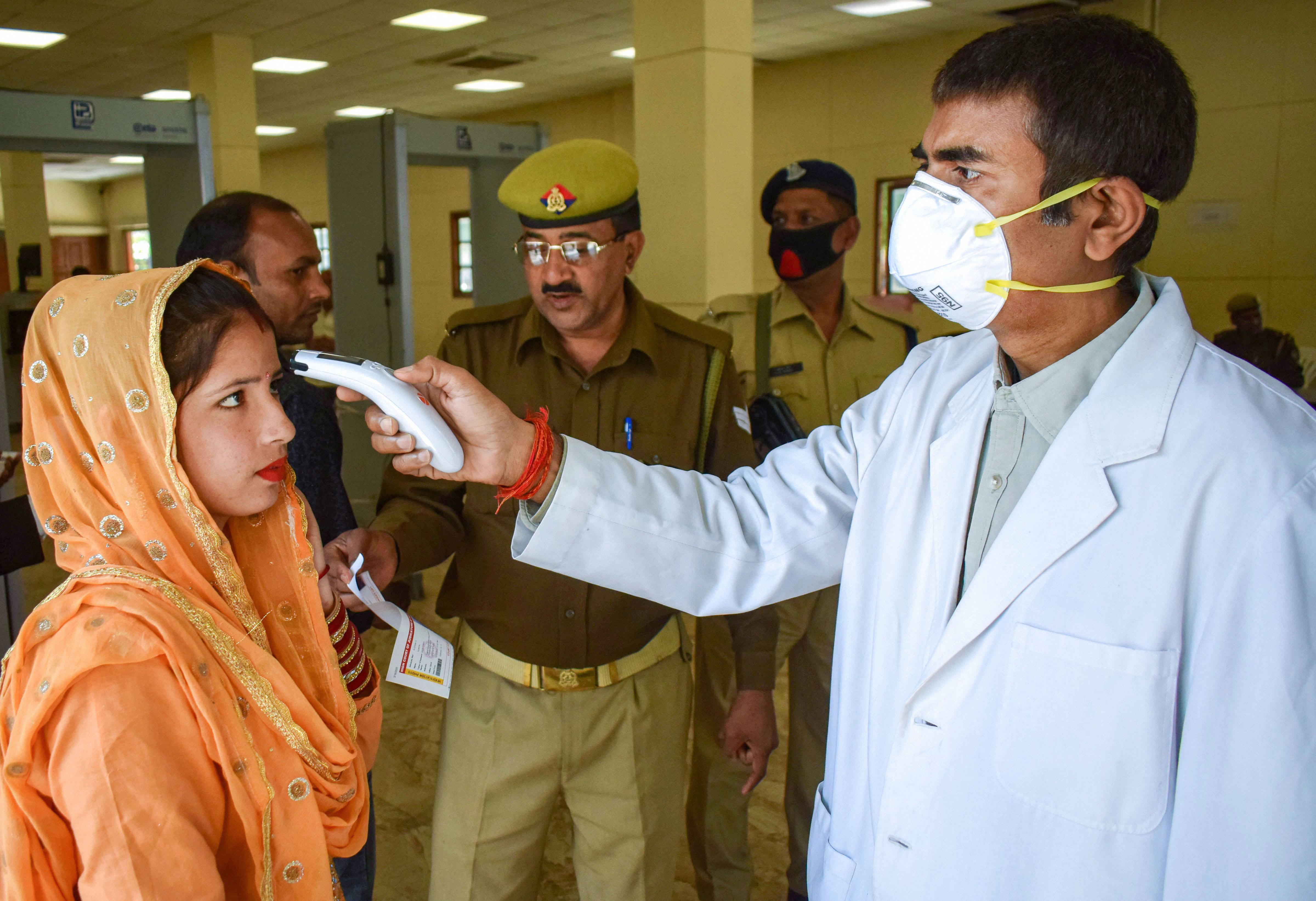
How the colonial era's Epidemic Diseases Act can help prevent COVID-19
Among the many measures being taken to curb the spread of COVID-19 in the country, the Centre on March 11 invoked the colonial era’s Epidemic Diseases Act (EDA), 1897 which aims to to provide ‘better prevention of the spread of dangerous epidemic diseases’.

Among the many measures being taken to curb the spread of COVID-19 in the country, the Centre on March 11 invoked the colonial era’s Epidemic Diseases Act (EDA), 1897.
The pre-independence period Act aims to provide ‘better prevention of the spread of dangerous epidemic diseases’ and assumes significance as it offers privileges to detain a person or vessel from international shores, to prevent the spread of the epidemic.
What does the act say?
Section 2 of the EDA 1897, specifies that ‘when at any time the State government (now Centre) is satisfied that the State thereof is visited by, or threatened with, an outbreak of any dangerous epidemic disease, the State if it thinks that the ordinary provisions of the law for the time being in force are insufficient for the purpose, may take, or require or empower any person to take, such measures and, by public notice, prescribe such temporary regulations to be observed by the public or by any person or class of persons as it shall deem necessary to prevent the outbreak of such disease or the spread thereof, and may determine in what manner and by whom any expenses incurred(including compensation if any) shall be defrayed.’
With several positive patients fleeing the quarantine facilities and international travellers refusing to abide by the 14 days of isolation, enactment of the Act and specific laws also empowers the State and the Centre to take action against such individuals.
Section 3 of the Act states, ‘’Any person disobeying any regulation or order made under this Act shall be deemed to have committed an offence punishable under section 188 of the Indian Penal Code (45 of 1860).’
Need for the green signal
Sudha Ramalingam, advocate, Madras High Court, said that the implementation of such laws will be a mammoth task, considering the number of parties involved and its geographical cover, adding that these are not laws that many are familiar with, as they are invoked only.
“We are talking about a large scale of people — from across states to the Centre — and the effectiveness of any law can be measured only by its implementation. With respect to this law, I can say that at best it can be used as a stick in the carrot or stick approach adopted by the government,” she said.
Public health experts say yes
This is not the first time the Act is not being invoked, said public health officials, who welcomed the move. In the past, it was invoked in Vadodara, Gujarat during cholera and in cases of dengue and swine flu.
Dr Kugananthan P, chairman, Indian Public Health Foundation, former director, Communicable Disease Hospital, pointed out that the Tamil Nadu Public Health Act, 1939, carries a similar provision for control of infectious diseases.
Related news: COVID-19: ICMR scales up random testing to check community spread
“During the 2009 H1N1 Flu outbreak in several parts of the country, 300-odd people were admitted to the Communicable Diseases Hospital, for treatment. A woman who had shown symptoms of the flu had refused to get admitted and we had to ensure that she underwent treatment as per protocol, invoking the State Act,” he said, adding that while such moves can bring about debates on individual rights, but public interest and safety are more important.
“Such Acts have been implemented to save life during the times of outbreak. In the case of H1NI patient, we could save lives through the Act that gave us the right to compulsorily isolate someone who could spread the infection,” he added.

